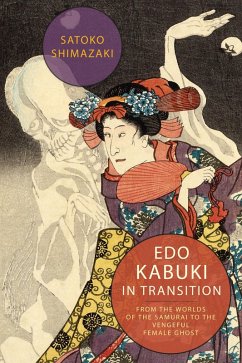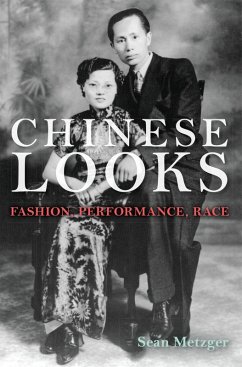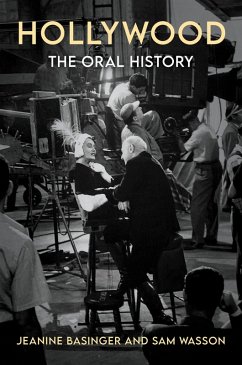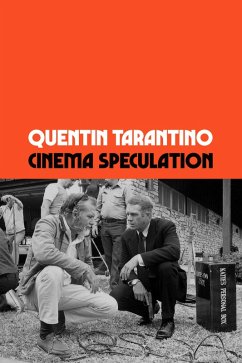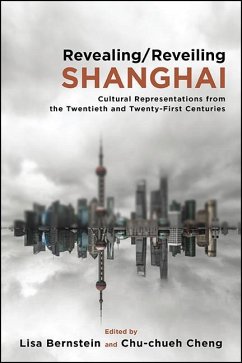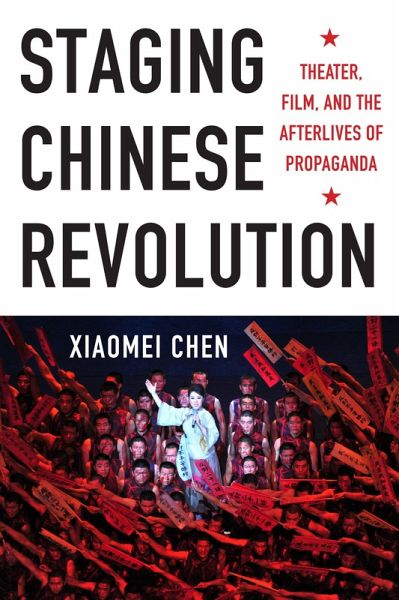
Staging Chinese Revolution (eBook, ePUB)
Theater, Film, and the Afterlives of Propaganda

PAYBACK Punkte
24 °P sammeln!
Staging Chinese Revolution surveys fifty years of theatrical propaganda performances in China, revealing a dynamic, commercial capacity in works often dismissed as artifacts of censorship. Spanning the 1960s through the 2010s, Xiaomei Chen reads films, plays, operas, and television shows from an interdisciplinary and comparative perspective, demonstrating how, in a socialist state with "capitalist characteristics," propaganda performance turns biographies, memoirs, and war stories into mainstream ideological commodities, legitimizing the state and its right to rule. Analyzing propaganda perfor...
Staging Chinese Revolution surveys fifty years of theatrical propaganda performances in China, revealing a dynamic, commercial capacity in works often dismissed as artifacts of censorship. Spanning the 1960s through the 2010s, Xiaomei Chen reads films, plays, operas, and television shows from an interdisciplinary and comparative perspective, demonstrating how, in a socialist state with "capitalist characteristics," propaganda performance turns biographies, memoirs, and war stories into mainstream ideological commodities, legitimizing the state and its right to rule. Analyzing propaganda performance also brings contradictions and inconsistencies to light that throw common understandings about propaganda's purpose into question.
Chen focuses on revisionist histories that stage the lives of the "founding fathers" of the Communist Party, such as Chen Duxiu, Mao Zedong, and Deng Xiaoping, and the engaging mix of elite and ordinary characters that animate official propaganda in the private and public sphere. Taking the form of "personal" memories and representing star and youth culture and cyberspace, contemporary Chinese propaganda appeals through multiple perspectives, complicating relations among self, subject, agent, state building, and national identity. Chen treats Chinese performance as an extended form of political theater confronting critical issues of commemoration, nostalgia, state rituals, and contested history. It is through these reenactments that three generations of revolutionary leaders loom in extraordinary ways over Chinese politics and culture.
Chen focuses on revisionist histories that stage the lives of the "founding fathers" of the Communist Party, such as Chen Duxiu, Mao Zedong, and Deng Xiaoping, and the engaging mix of elite and ordinary characters that animate official propaganda in the private and public sphere. Taking the form of "personal" memories and representing star and youth culture and cyberspace, contemporary Chinese propaganda appeals through multiple perspectives, complicating relations among self, subject, agent, state building, and national identity. Chen treats Chinese performance as an extended form of political theater confronting critical issues of commemoration, nostalgia, state rituals, and contested history. It is through these reenactments that three generations of revolutionary leaders loom in extraordinary ways over Chinese politics and culture.
Dieser Download kann aus rechtlichen Gründen nur mit Rechnungsadresse in A, D ausgeliefert werden.




